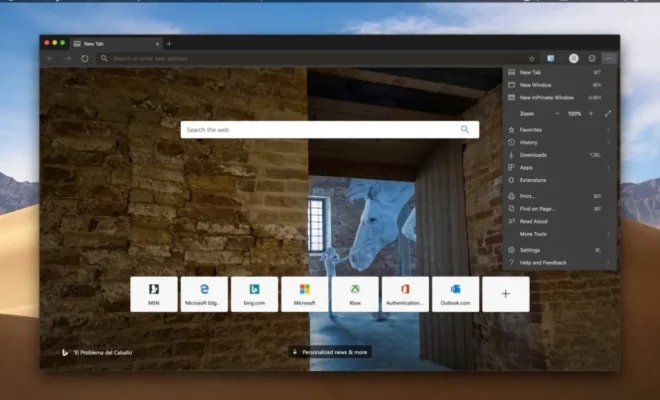An Introduction to JavaScript Service Workers

As the web continues to evolve, there are new technologies emerging which offer faster and more reliable web experiences to users. JavaScript Service Workers is one such promising technology which can help web developers create offline-first web applications. This new type of web worker allows developers to create web applications that remain functional even when no network connection is available. In this article, we will introduce you to JavaScript Service Workers and explore how they can benefit web developers.
What are Service Workers?
A Service Worker is a type of web worker, which is a JavaScript file that runs in the background of a web page. Service Workers can handle tasks such as pushing notifications, intercepting network requests, responding to user interactions, and more. They are designed to work asynchronously from the web page they’re installed on, letting developers create powerful web applications regardless of the network conditions.
The most significant advantage of Service Workers is their ability to operate offline, making it easier for web developers to create Progressive Web Apps (PWA). PWAs are web applications that use modern web capabilities to deliver an app-like experience to users. While Service Workers are a critical element of PWAs, they can also be used for other types of web applications.
Why Use Service Workers?
Using Service Workers, developers can build reliable and faster web applications. By caching the content, web pages can be accessed even when there is no internet connection. This provides a more seamless experience to users and ensures that the app or website is always available. Caching can also help reduce time to load as some assets are stored locally, which makes it easy to load the website faster second time around.
Another benefit of Service Workers is the ability to intercept requests sent to the network. This can be used to apply advanced optimizations like lazy loading, as well as to better manage the resources, which leads to a more efficient and faster web experience. This way, a developer can explicitly create the optimal cache-management strategy that suits their application.
Service Workers in Action
Service Workers are not a programming language but a browser API, so they can be used with various programming languages. However, it is an essential part of the new set of web technologies such as PWAs, web VR, and web assembly.
To implement Service Workers, developers can start by registering the file that contains the code for Service Workers in the HTML file of their web application. Once a Service Worker is installed, it will run in the background and listen for events. Developers can use events such as fetch, push, and sync to add functionality to the Service Worker.
Conclusion
JavaScript Service Workers allow web developers to create more accessible, reliable, and faster web applications. Although they have been around for a while, their recent adoption is due to the rise of Progressive Web Apps. It’s an excellent opportunity for developers to upskill themselves and take advantage of this technology.
In conclusion, Service Workers are a game-changer that can help web developers unlock new doors to create better experiences for users.






